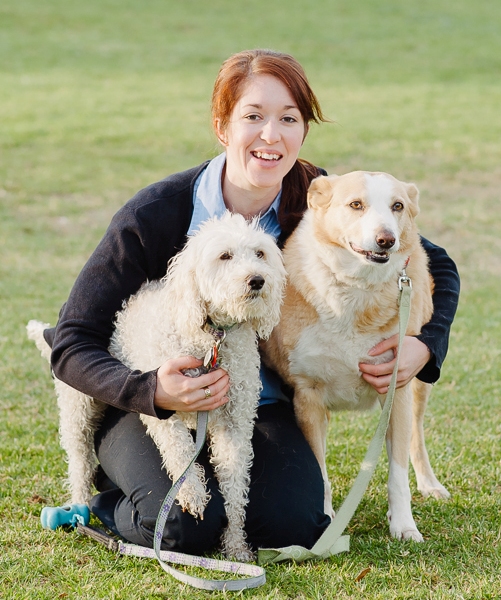Although a nice relief from the cold winter weather, spring for our pets often brings with it a side effect of allergies, and annoying insects and parasites. Whether it is a parasite, pain or skin condition, there are many reasons for your dog to scratch or chew itself. Before referring to ‘Dr Google’ and misdiagnosing your dog’s health problem, it is best to seek medical advice from your Veterinary team.
Unfortunately, there is not always an underlying medical reason causing your dog to scratch and chew itself. Dogs can and do suffer from obsessive compulsive behavioural problems, and this may lead to them scratching and licking to excess. However, more commonly and similar to people biting their nails or twirling their hair, your dog’s constant scratching and licking can be a sign of anxiety. This may be due to fear, stress or a lack of physical and mental stimulation.
What ever the reason for the anxiety, your dog’s constant scratching, licking or chewing behaviours can cause severe damage and effect his/her quality of life. It is important not to punish your dog when you see the behaviour, but also not to give your dog attention as it may reinforce it. Instead, help your dog to develop alternative coping mechanisms. Act early and intercept your dog’s behaviour as soon as you notice it, as once the behaviour has developed it may be difficult to effectively intervene. Distract or redirect your dog’s behaviour as soon it starts by encouraging him/her to chew on toys or bones or engage in a food based puzzle. Bitter sprays or an Elizabethan collar can also help discourage and prevent the self-destructive behaviour. Keep your dog stimulated both physically and mentally to help keep him/her engaged and active. Supply lots of new and varied toys, exercise daily and regular interaction with either people or other dogs. By being attentive to your dogs, teaching alternative behaviours and increasing daily stimulation, your dog’s self destructive behaviour should reduce and potentially inturn make for a less anxious dog.

Veterinary Nurse Kirstie Hancock is qualified in animal behaviour with her Certificate IV in Companion Animal Services through the Delta Society. She has lots of great tips and ideas when it comes to misbehaving pets. Keep an eye out for her monthly tips on our Facebook page. Also check out her own business Facebook page – Positive Paws.

